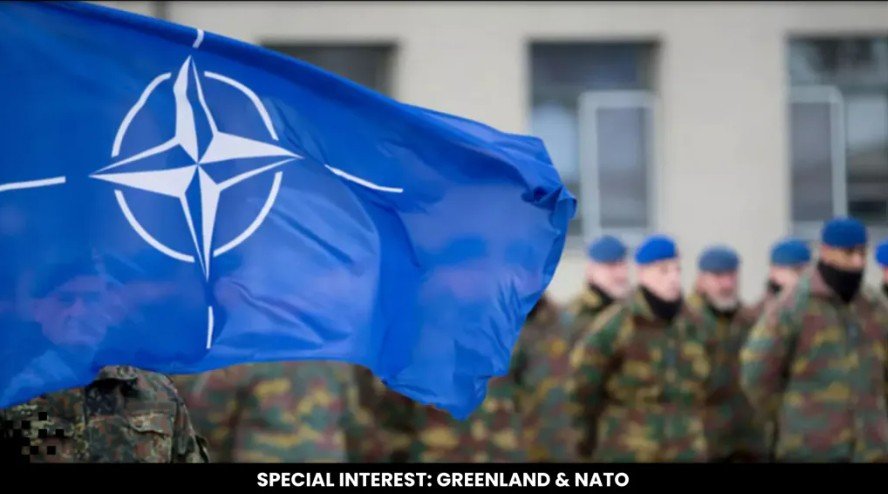Pete Hegseth has surged to the top of trending topics, driven by an allegation that Hegseth inadvertently included Jeffrey Goldberg, editor-in-chief of The Atlantic, in a Signal group chat discussing sensitive military plans for strikes against Houthi targets in Yemen. This incident has sparked widespread debate, speculation, and reactions across social media, raising questions about national security, communication protocols, and governmental accountability. Here’s an in-depth look at the story, its implications, and the conversation.
The Incident
On March 24, 2025, The Atlantic published an article by Jeffrey Goldberg titled “The Trump Administration Accidentally Texted Me Its War Plans.” Goldberg claims he was mistakenly added to a Signal group chat called “Houthi PC Small Group” by an account linked to Michael Waltz, the White House National Security Adviser. The chat included senior officials like Vice President JD Vance, Secretary of State Marco Rubio, CIA Director John Ratcliffe, and Pete Hegseth.
According to Goldberg, on March 15 at 11:44 AM EDT, Hegseth posted a “TEAM UPDATE” detailing “operational aspects of forthcoming strikes on Yemen, including targets, weapons, and attack sequencing.” Two hours later, at 1:45 PM EDT, U.S. strikes hit Houthi targets in Yemen, aligning with the timeline shared. The National Security Council (NSC) later stated, “The message thread that was reported appears to be authentic, and we are reviewing how an inadvertent number was added to the chain.”
Hegseth has denied the severity of the claims. Speaking to reporters in Hawaii on March 24, he said, “Nobody was texting war plans, and that’s all I have to say about that,” while questioning Goldberg’s credibility, calling him “a deceitful and highly discredited so-called journalist who’s made a profession of peddling hoaxes.” Goldberg countered on CNN, saying, “No, that’s a lie. He was texting war plans.”
The Security Breach Explained
The use of Signal, an encrypted but unofficial messaging app, for such discussions has puzzled observers. The U.S. government relies on secure systems like the Secret Internet Protocol Router (SIPR) network and the Joint Worldwide Intelligence Communications System (JWICS) for classified communications. Signal is not approved for such purposes, raising questions about protocol adherence and security risks.
Former CIA Director Leon Panetta commented on CNN, “It’s obviously a very serious mistake… This could undermine war plans but also jeopardize lives.” Legal experts note that moving classified information to an unclassified platform like Signal could breach federal laws. The NSC has not clarified why officials used Signal, fueling speculation about oversight or procedural lapses.
Goldberg’s inclusion, unnoticed by the group, heightened the breach’s severity. He reportedly observed discussions for days, noting operational details and candid exchanges, such as Vance questioning the strikes’ timing and Hegseth critiquing “European free-loading.” A journalist accessing such a conversation has been called “unprecedented” by security analysts.
The Fallout
The incident has exploded as people analyze it from multiple perspectives. Some have criticized Hegseth for “texting war plans like he was live-blogging a CoD match,” questioning his judgment.
The NSC’s confirmation of the chat’s authenticity has intensified calls for accountability, with posts demanding explanations.
Hegseth’s supporters argue the incident is exaggerated or fake. Some align with his claim that “war plans” weren’t shared, suggesting Goldberg embellished the story. House Speaker Mike Johnson called it an “inadvertent mistake,” predicting tighter controls moving forward.
In Washington, reactions vary. Some lawmakers have labeled it a significant security lapse, with calls for reviews, while others, like Senator Tommy Tuberville, downplay it as a minor error. Representative Derrick Van Orden emphasized “administrative accountability” without specifying actions.
Final Take
The Yemen strikes succeeded, but the leak (if true) could have risked operational security if exploited by adversaries. As of 08:34 AM EDT on March 25, 2025, the situation remains ongoing. The White House asserts Trump’s confidence in his team, but pressure for answers persists. Whether this leads to policy changes, investigations, or fades is uncertain. For now, this encapsulates a moment of tension, unfolding in real time for the public.




